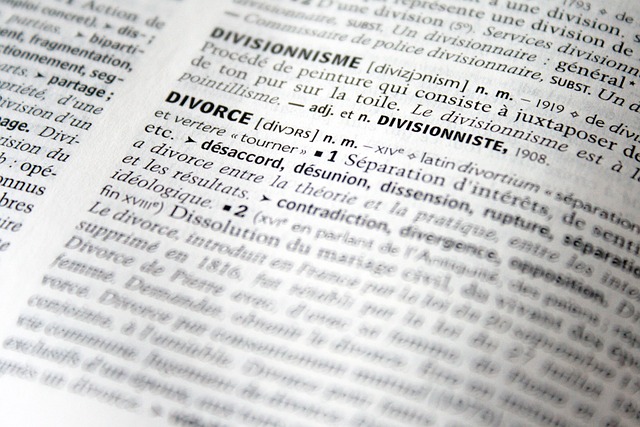Motorcycle accident settlements are determined by the severity of injuries, vehicle damage, and impact on quality of life. Severe injuries like TBI or fractures lead to higher compensation compared to minor scrapes. Depreciation, long-term medical needs, and loss of earnings capacity are crucial factors. Disputes require thorough documentation, medical reports, and expert testimony. Settlements help mitigate financial impacts, support recovery from trauma, and ensure fairness in legal processes, with severer disabilities often resulting in higher compensation. An experienced lawyer is vital for victims to identify all damages, including pain and suffering, to secure fair motorcycle accident settlements.
Motorcycle accidents can lead to significant financial consequences, with settlement amounts varying widely. This article explores key factors influencing these settlements, from the severity of injuries and damages to liability determinations, legal costs, and regional variations. Understanding these elements is crucial for riders and their attorneys in navigating the complex process of motorcycle accident settlements. By delving into these aspects, we aim to provide insights that can help ensure fair compensation.
- Severity of Injuries and Damages
- – The impact on settlement amounts
- – Types of injuries and their financial implications
Severity of Injuries and Damages

The severity of injuries sustained in a motorcycle accident plays a significant role in determining the settlement amount. Motorcyclists who suffer from severe or life-changing injuries, such as traumatic brain injuries (TBI), spinal cord damage, or complex fractures, can expect higher compensation compared to those with minor scrapes and bruises. The impact on an individual’s quality of life, including long-term medical needs, physical therapy, and potential loss of earnings capacity, is carefully considered by insurance adjusters and legal professionals when evaluating motorcycle accident settlements.
Additionally, the extent of damages to the motorcycle itself is another critical factor. Beyond the cost of repairs or replacement, the loss of value due to depreciation should also be accounted for. In cases involving auto accident injuries where a motorcycle collides with a car or other vehicle, comparing similar models and their pre-accident values can help establish a fair settlement amount. Insurance disputes often arise when there are differing opinions on the severity of injuries and damages, requiring careful documentation, medical reports, and expert testimony to resolve these complex issues fairly in motorcycle accident settlements.
– The impact on settlement amounts

The outcome of a motorcycle accident can have significant implications for all involved parties, particularly when it comes to financial compensation. Motorcycle accident settlements play a crucial role in mitigating the impact and helping victims recover from physical and emotional trauma. Several factors influence the amounts awarded in these cases, ensuring a fair and just process. One primary consideration is the severity of the injuries sustained. More severe or permanent disabilities often lead to higher settlements as they may result in long-term medical expenses and reduced quality of life.
Additionally, the circumstances surrounding the accident are pivotal. Negligence, whether from other drivers, defective products, or medical/caregiver negligence, can dramatically affect settlement amounts. In cases where a product’s malfunction contributed to the crash, for instance, victims may be entitled to substantial compensation due to the added layer of liability. Similarly, medical negligence or caregiver errors leading to accidents can result in significant settlements as they often involve complex legal and medical discussions.
– Types of injuries and their financial implications

The financial implications of injuries sustained in a motorcycle accident can vary greatly depending on the type and severity of the harm caused. Common types of injuries include soft tissue damage, fractures, head trauma, and spinal injuries, each with distinct economic consequences. Soft tissue injuries, while often painful, may result in lower settlement amounts due to their subjective nature and relatively shorter recovery periods. In contrast, severe fractures or head injuries can lead to significantly higher settlements due to prolonged medical treatments, physical therapy, and potential long-term disabilities. Spinal injuries, especially those causing paralysis, are among the most costly to treat and often result in substantial motorcycle accident settlements.
Understanding these financial implications is crucial for victims navigating the process of claiming compensation. Engaging with an experienced accident lawyer can help individuals recognize the full extent of their damages, including not just medical expenses but also lost wages, reduced earning capacity, and pain and suffering. Unlike other types of accidents, motorcycle crashes can result in unique challenges, such as caregiver abuse or the need for specialized care, which must be considered in settlement negotiations to ensure victims receive fair motorcycle accident settlements that account for all relevant factors.
When determining motorcycle accident settlements, several factors come into play. Among them, the severity of injuries sustained plays a pivotal role, with more severe cases often resulting in higher damages. The types of injuries—from minor scrapes to life-altering conditions—have direct financial implications on settlement amounts. Understanding these influences is essential for both riders and legal professionals navigating the complex landscape of motorcycle accident settlements.






